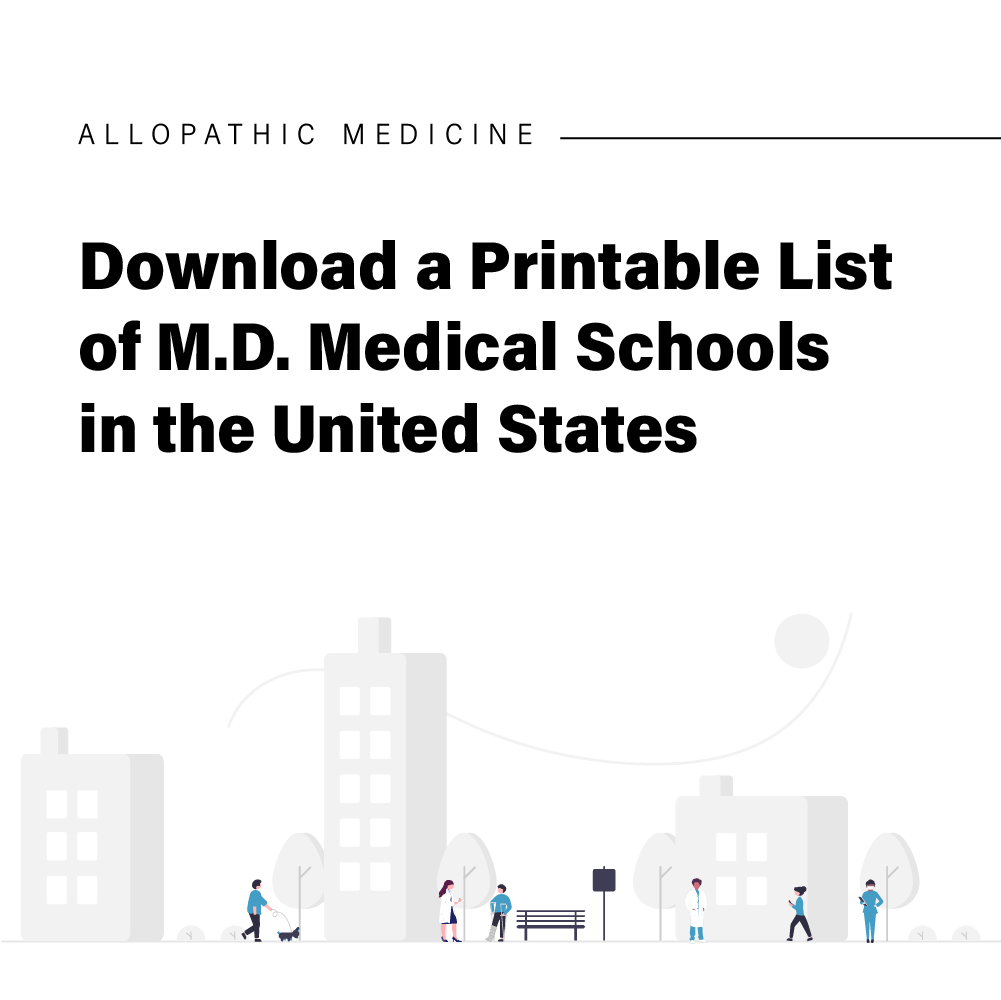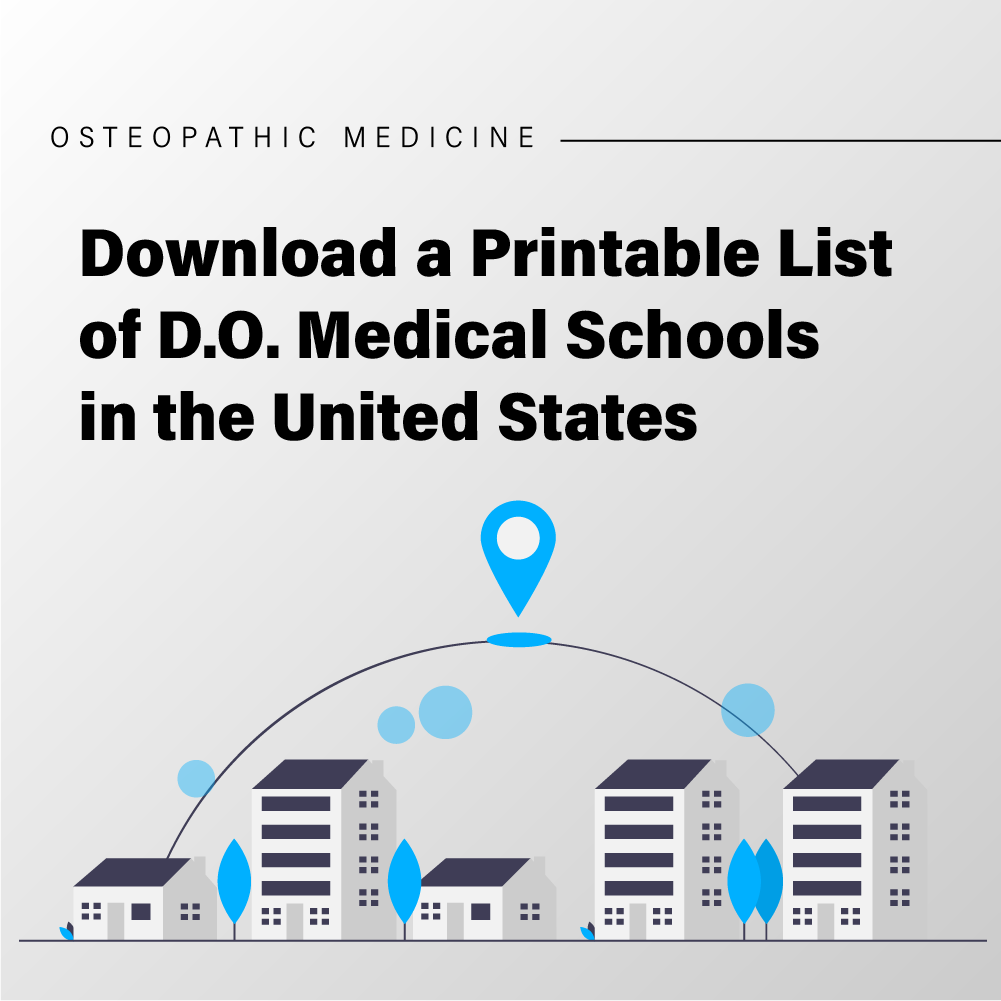If you want to stand out in your medical school applications, you need to know what type of research impresses medical schools.
In the competitive world of academia, an additional way to stand out in your medical school applications is to get involved with research and publish your work. Unfortunately, research and writing manuscripts is not something that is often discussed in the premed community because most students focus on volunteering, acing their classes, studying for the MCAT, and getting clinical exposure. However, publishing your research findings shows medical schools that you are ready to improve the field of medicine through research and innovation. This quality is particularly important to research-based medical universities.
So how do you publish a research article as a premed student? Read on to find the answers.
There are many different kinds of research manuscripts to write and publish. The most common and most achievable studies to publish as a research assistant, technician, or premedical student are clinical case studies, fundamental (or hypothesis-driven) research studies, methods manuscripts, and review articles.
In this article, we’ll discuss the following different types of research:
- Clinical Case Studies
- Hypothesis-based Publications
- Methods Publications
- Review Publications
Clinical Case Studies
Clinical case studies may be the most relevant type of study for pre-medical students to publish because they focus entirely on real patient data and details from hospitals, clinics, etc. These publications will aim to describe the symptoms, pathology, diagnosis, or treatment of specific diseases or of a medical specialty. However, patient data is gathered over the course of years, and is often analyzed by the lab’s principal investigator or physician-researcher.
As a research technician or assistant, there is a possibility of helping with the analysis, data collection, or publication methods. This type of publication is unique to the field of medicine, as it informs other physicians what the current state of a disease may be and/or reports unique cases of a disease.
Working on a clinical case study offers exposure to clinical language and introduces you to human disease or conditions. Keep in mind that finding a physician-researcher who is willing to co-author a case study report may be difficult if you haven’t already worked for them in the past. In addition, medical school admissions are aware that while writing a case study is significant for the field of medicine, this is typically the most straightforward type of publication to work on.
Hypothesis-based publications
For a larger challenge, consider a hypothesis-based research publication, or a fundamental science publication. Basic science is based on the discovery of mechanisms or biological processes that leads to an increase in understanding of predicting, preventing, diagnosing, and treating diseases. Hypothesis-based research publications, however, are very rarely paired with human patient data, and focus more on experimentation and data collection to describe a particular biological mechanism.
While these publications are very highly regarded in the medical, scientific, and academic community, there is never a guarantee that these projects will come to fruition or be published because they are hypothesis-based. Often, the hypothesis proves to be false, the study needs to pivot, or the researchers need to troubleshoot experiments.
One of the most important considerations is time. Experiments take time, and so does drafting manuscripts with experimental data. Hypothesis-based research publications are best suited for premed students that are involved with research early in their academic career (college) or that have the ability to take 1-3 three gap years to be a researcher before applying to medical school.
Methods publications
Publications that are focused on describing or developing new experimental or analysis methods are called methods papers. Because these publications are aimed to describe a new method to the scientific community, it is imperative that the results can be replicated in all environments. This requires a lot of data to show the efficiency of the method described.
If the study is an analysis method, the publication will often describe the math, programming, or statistical methods used for analysis. However, if the method is experimental or clinical, the publication will need a lot of supporting data and figures that will need to be optimized over time.
Review publications
When experts in a field want to summarize or make a detailed curation of their field’s current research findings or methods, a review publication is warranted. Review papers are similar to surveys of current peer-reviewed publications and what the main authors prioritize to be the most important prior publications.
Often, a principal investigator will approve a student’s decision to write a review paper if they are heavily involved and if the publication will benefit one of their other studies. Typically, review publications are usually only approved for graduate students or post-doctoral researchers who have a study in progress and have developed a specific expertise in the publication’s topic.
Writing a review is a great way to learn about a new research topic and help researchers venture out into related research areas. If a review paper is your goal, communicate with your lab’s Principal Investigator and ask for guidance.
In conclusion…
Working on any of these research publications will be beneficial not only for your medical school applications, but also for your medical career at later stages. Many physicians go on to do research, apply for funding, and run clinical trials. Having publications on your track record can even give you an edge when applying for residency, fellowships, or jobs after medical school!
Further reading:
How to Get Published in a Medical Journal



